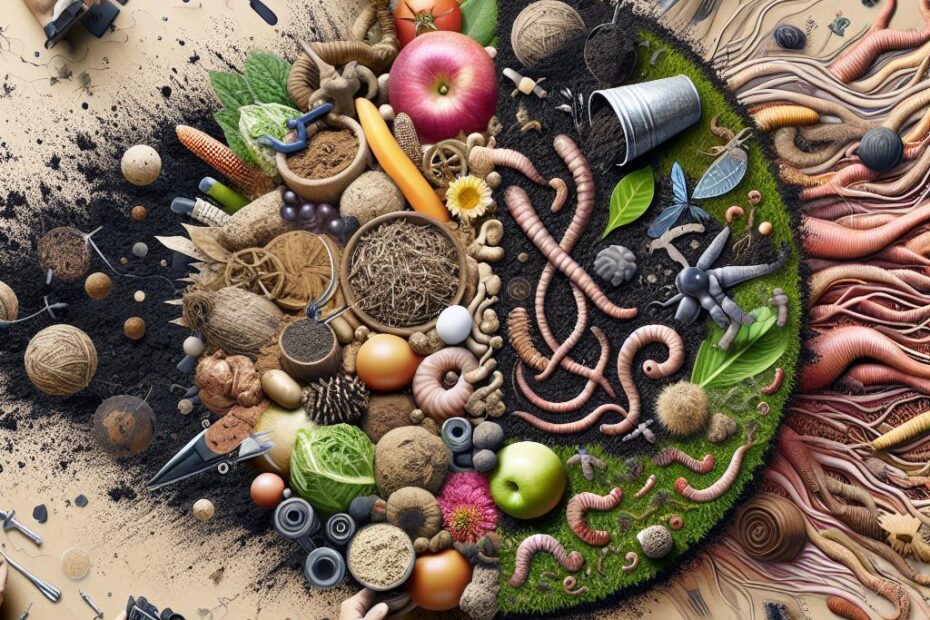Soil or mulch: What’s the best choice for your garden?
When it comes to gardening, one of the most important decisions you’ll have to make is whether to use soil or mulch in your garden beds. Both options have their own unique benefits and purposes, so it’s crucial to understand the differences between them in order to make the best choice for your specific needs.
In this article, we’ll delve into the differences between soil and mulch, their respective benefits, and provide practical tips on how to use them effectively in your garden.
Soil vs. Mulch: Understanding the Differences
Soil:
- Soil is a natural mixture of minerals, organic matter, air, and water that provides essential nutrients for plant growth.
- There are different types of soil, such as sandy soil, clay soil, and loamy soil, each with their own characteristics.
- Soil is the foundation of any garden, providing plants with the necessary support and nutrients to thrive.
Mulch:
- Mulch is a layer of material applied to the surface of the soil to conserve moisture, suppress weeds, and improve soil fertility.
- Mulch can be made from a variety of materials, such as wood chips, bark, straw, or compost.
- Mulch helps to protect plant roots from extreme temperatures, retain moisture in the soil, and reduce the growth of weeds.
Benefits of Soil and Mulch
Soil:
- Provides essential nutrients for plant growth
- Supports plant roots and helps them anchor securely in the ground
- Acts as a reservoir for water, ensuring plants receive an adequate supply of moisture
Mulch:
- Helps to retain moisture in the soil, reducing the need for frequent watering
- Suppresses weed growth, saving you time and effort in garden maintenance
- Improves soil fertility as it breaks down over time, adding nutrients to the soil
Practical Tips for Using Soil and Mulch in Your Garden
When deciding whether to use soil or mulch in your garden, consider the following tips:
- Mix soil amendments: Before planting, mix organic matter such as compost or aged manure into your soil to improve its fertility.
- Apply mulch: Once your plants are in the ground, apply a layer of mulch around them to retain moisture and suppress weeds.
- Rotate mulch: Replace mulch every year to ensure it remains effective in conserving moisture and improving soil quality.
Case Studies
Here are some real-life examples of how soil and mulch have been used effectively in gardens:
- Case Study 1: A vegetable garden with sandy soil was transformed by adding compost and mulch, resulting in healthier plants and higher yields.
- Case Study 2: A flower bed overrun with weeds was saved by applying a thick layer of mulch, which suppressed weed growth and allowed the flowers to flourish.
Firsthand Experience
“I’ve been gardening for years, and I’ve found that using a combination of soil and mulch is the best way to ensure my plants thrive. By amending my soil with compost and adding a layer of mulch around my plants, I’ve been able to reduce water usage and keep weeds at bay. It’s made a significant difference in the health of my garden.” – Jane, avid gardener
Conclusion
In conclusion, both soil and mulch play vital roles in the success of your garden. Soil provides essential nutrients and support for plant growth, while mulch helps to retain moisture, suppress weeds, and improve soil fertility. By understanding the differences between soil and mulch and using them effectively in your garden, you can create a thriving and healthy outdoor space for your plants to flourish. Happy gardening!
